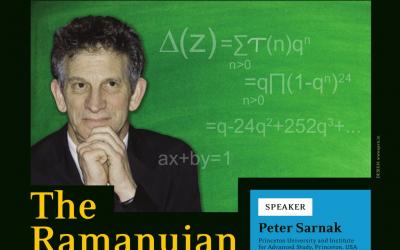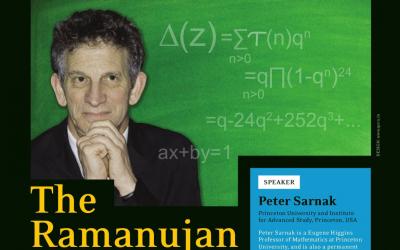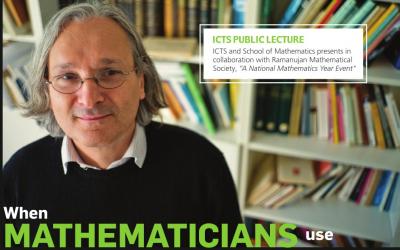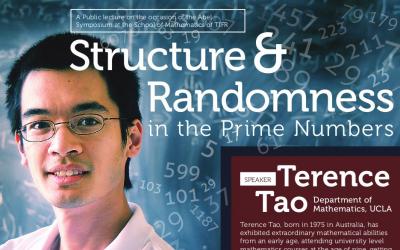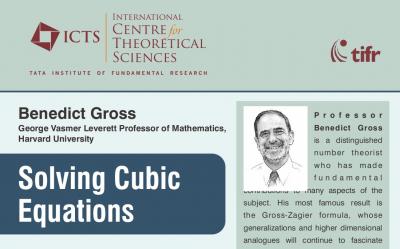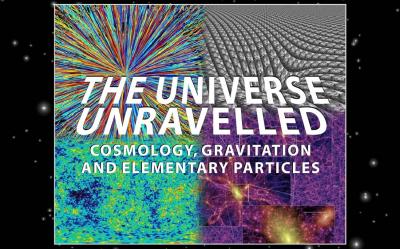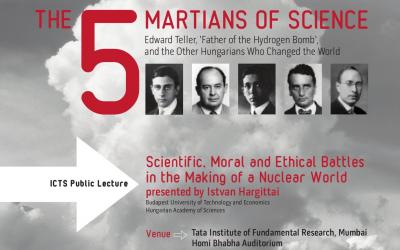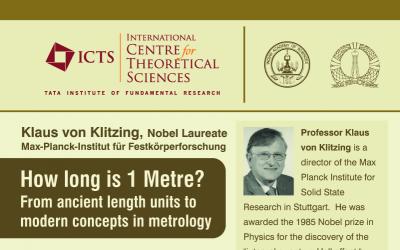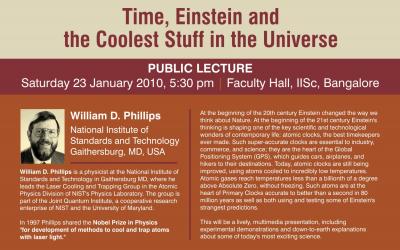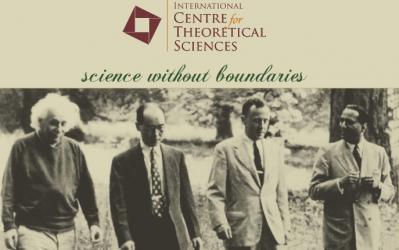Peter Sarnak (Princeton University and IAS, Princeton)
25 May 2012, 16:00 to 17:00
Faculty Hall, IISc, Bangalore
One of Ramanujan's most influential conjectures concerns the magnitude of the Fourier Coefficients of a modular form. These were made on the basis of his calculations as well as a far-reaching insight as to their usefulness in the study of some diophantine problems. Today his original Conjecture is...more


